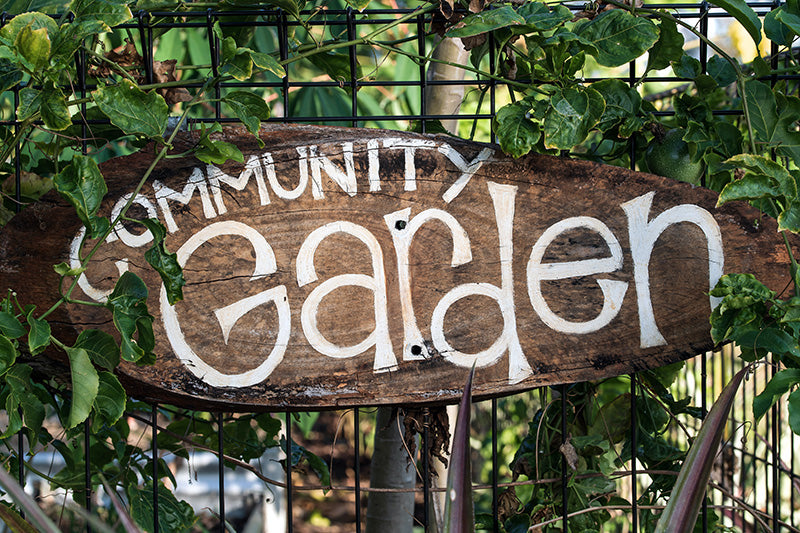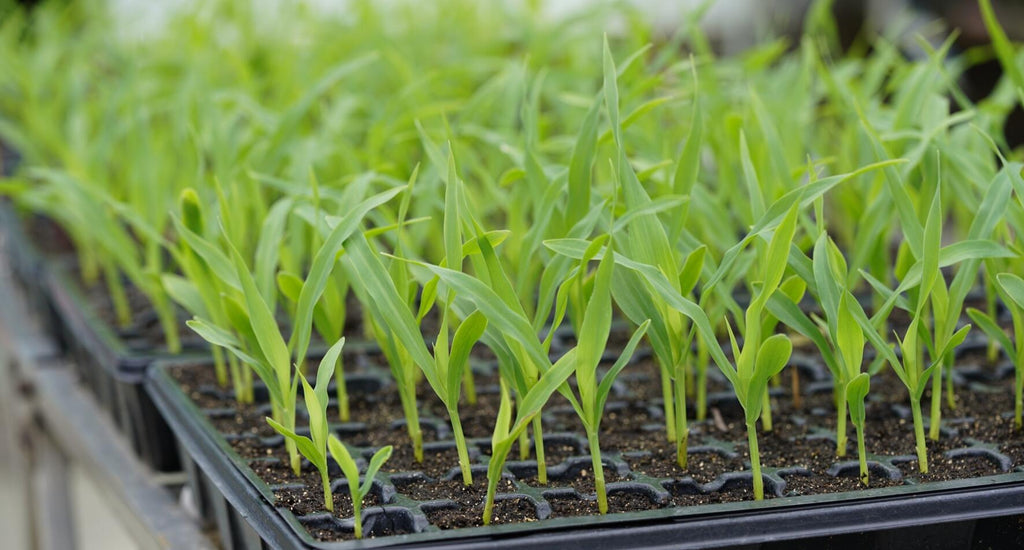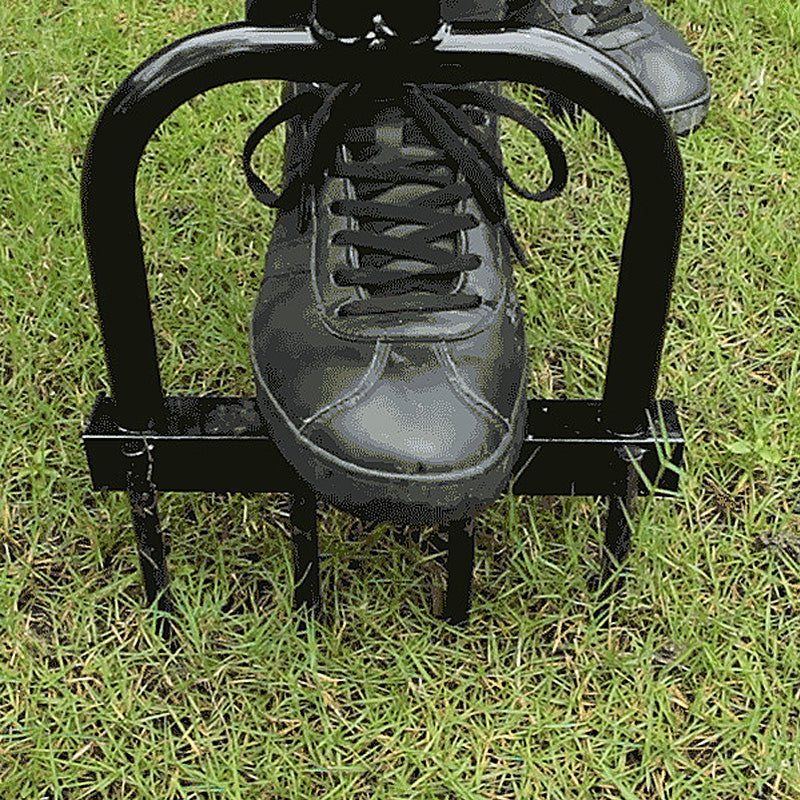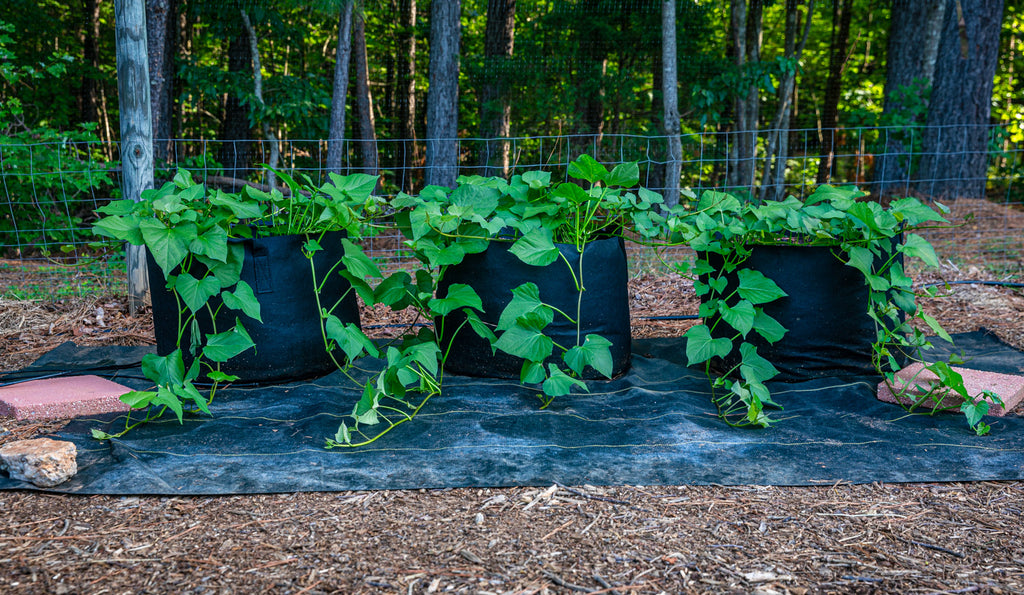By Michael Jenkins

There’s no single “correct” way to garden. Some folks have large gardens, some of us only have a few plants on a windowsill, many of us fall in between. Some of us like to garden as a way of being by ourselves and connecting with nature, while others prefer a more community approach. No matter your approach to gardening, you might get a lot out of being part of a gardening club. Gardening clubs or garden clubs can take many forms, fill whatever role their members decide, and can meet a great many needs gardeners have. So—how can you start a gardening club, and what can a gardening club do for you? Let’s dig in!
What is a Garden Club?
Clubs and organizations devoted to gardening go back a long way—the generally recognized oldest garden clubs in the United States dates back to the mid 1800s. Garden clubs can have a variety of focuses and goals. Some are all about ornamental gardening and landscaping. Some are about gardener education and community outreach. Others function much like community gardens or seed exchanges, while others are mostly social in focus. Again, there’s no one right way to do it; you can start the garden club that works for you and your garden club can change or evolve over time.

Advantages of a Garden Club
As it turns out, there are many potential advantages of a garden club, depending on the nature and focus of the club in question of course. While there are many possible things a garden club can offer, here are a few possibilities that you might incorporate into your garden club:
- Seed sharing is a big advantage of a garden club, saving its members time and money and allowing them to try a wider variety of seeds over the course of a season. Whether your seed sharing is informal, part of an organized swap meet, or done through a seed library, sharing and trading seeds with fellow gardeners is a big perk in a gardening club.

- Likewise sharing garden tools and other resources is another possible role a gardening club could fill. While we’re a big fan of a “keep it simple” approach to gardening, sometimes having access to larger tools like chain saws, tillers, and augers can be useful. A gardening club can share tools and the knowledge of their use in an organized way, making life easier for all members.

- Garden clubs also allow us to explore other kinds of gardens and other modes of gardening. Landscape gardeners can see how an organic vegetable garden works, while folks who focus on patio gardening or container gardening can spend time in larger in-ground gardens. Shade gardens, water gardens, hydroponics—you might encounter any or all of the above. As most of us have a limited amount of time and space to devote to our garden, seeing how another kind of garden works and maybe spending some time there can be a real joy.

- Finally, garden clubs let us pass on the joy of gardening! Newcomers to gardening might find it much easier to have a garden club show them the ropes at first; certainly a garden club can make it more affordable to start gardening. Many folks want to try a garden with committing to one, which is another role a garden club can fill. And of course reaching out to young people in the community and introducing them to gardening is a powerful way to make sure our hobby gets passed on to the next generation.
So, with all that said, there are many other roles your garden club could fill and many other things it could provide its members—again, it’s up to you!
Starting a Garden Club
So now that we know what a garden club could be and what it could offer, let’s get started! Organizing a garden club can be as simple as getting some like minded people together. Just asking your gardening friends if they’d like to start a formal gardening club and then meeting at someone’s house for coffee to talk it over is enough to get the ball rolling. Asking your neighbors is another good way to go—neighborhood garden clubs have a long history of success and community-building! Garden centers, nurseries, and farmer’s markets are great place to meet like-minded people and invite them to join as well.
Your garden club can be as formal or informal as you want it to be. Some clubs thrive on a more relaxed atmosphere, while others find that some organization and structure helps keep things running smoothly. If you’re sharing tools or time, you might lean towards the latter approach and have some kind of formal organization or at least a sign in/sign out sheet to keep track of what’s going on. Again, as with gardening itself, it’s OK to experiment, try new things, and see what works. As long as everyone’s communicating and on the same page, it will turn out alright!
Do you have a garden club? How does it work for you? We’d love to hear all about it, so get in touch and let us know!

Leave a comment